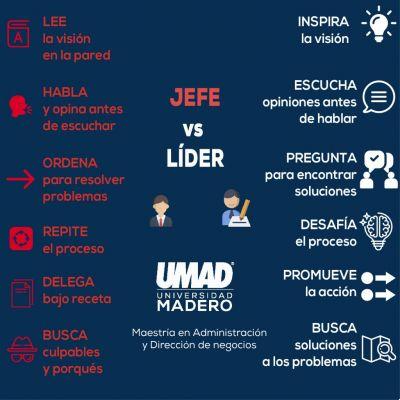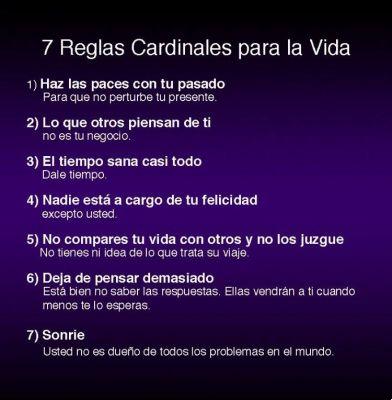Sometimes we don't have just one vocation, but many. Other times, we don't know what we really want because we are more inclined to please others or meet certain social expectations. Is it possible to get out of this impasse? Certainly. We talk about it in this article.

Last update: June 24, 2021
There are people who don't particularly like what they do, but they can't even understand what they really love. They don't know how to find their calling and they have no idea what they can do to find out. In these cases, demotivation and disinterest will soon emerge.
When choosing a profession or trade, we are often influenced by external factors, which exert undue pressure on our decisions. Sometimes this pressure is so strong that the person cannot distinguish between what he really wants and what he thinks or does just to satisfy the desire or judgment of others.
In these situations, one's vocation remains inhibited. So much so that one cannot find it even by exploring within oneself, it is not possible to recognize it. This is why many end up thinking that there is nothing they are passionate about, that nothing satisfies them enough.
The downside is that they continue their life without making the necessary changes, understanding work as a burden that they cannot get rid of. What to do when you can't find your calling? How to behave when you don't like any work? Below we give some tips to get out of this impasse.
"You have to love the things you do, not the secondary consequences."
-Ayn Rand-
Think about the present and not the future to find your vocation
One of the factors that most influence us in choosing a trade or profession is the expectation for the future. It is generally thought that there are activities with a future and others that are doomed to disaster. However, it is impossible for anyone to predict certain things.
All we have is the present. Making decisions based solely on the future is a mistake, because we cannot control what will happen, nor under what circumstances. To discover your vocation you need to do what we want to do today and not what will happen tomorrow.
Think of yourself to find your calling
Important decisions that affect us should never be made to please someone. This lack of autonomy, sooner or later, creates great gaps. One of them is getting to the point where you don't like anything and don't know what to do about it.
Sometimes the pressure doesn't even come from a specific person, but from certain generalized ideas on a cultural level. They tell us, for example, that to be successful you need to graduate and start a career in which to hold a prestigious position. Another popular idea is that only those who study medicine or engineering are intelligent.
Thus, many end up becoming mediocre engineers or unmotivated professionals rather than wonderful cooks or excellent craftsmen. After all, many people know what their vocation is, but they ignore it because they are influenced by what people think. But who is affected? Us or the others?
The myth that there is only one vocation is false
Another factor that prevents you from finding your vocation is the idea that once we have chosen a profession we will have to do it for life. It is not so. There are very few cases in which someone is passionate about a profession from an early age and then devotes himself to it for a lifetime with total conviction.
There are also people with many passions: they have different interests at the same time and they all have the same weight for them. However, they think that, by pursuing a profession, they should automatically discard the rest of the things they love to do.
This is a real shame, because there is a much smarter way to combine these interests without having to sign absolute waivers. Likewise, we sometimes choose a profession based on the wrong expectation.
We realize that we are not satisfied, but we get stuck because we don't want to appear unstable. If we do, we are paying too high a price for a mistake that we can very well repair.
The vocation is not found overnight
We generally have to decide on a trade or profession when we are very young. It is an age when in reality we tend to know little about the professional world and in which the opinions of others exert a great influence on what we do. In many cases, it is only later that we realize that that decision was a mistake.
The company tries to instill in us the idea that the "normal" thing is to opt for a certain profession early, devote yourself to it and then try to grow professionally in the same field. However, it doesn't necessarily have to be that way. Many people find their calling at 40 or 60.
You shouldn't listen to anyone who tells you that you are "late". Fear is not a good reason not to initiate a change that can make us much happier.
In reality, many times it is only the cultural paradigms that lead us to be confused and not to be recognized who we are and what we really want from our life.


























